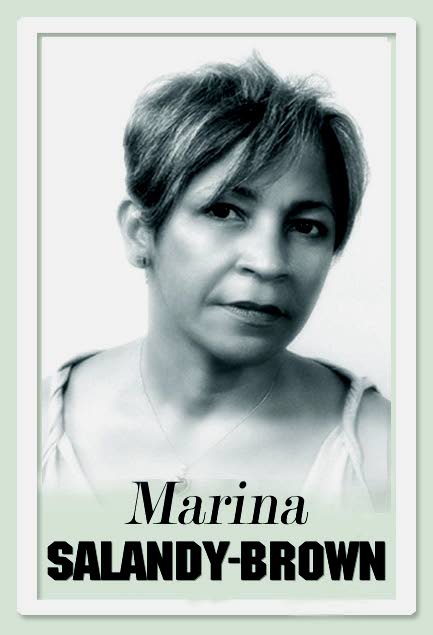Our violent society

The kidnapping and murder of 23-year-old Andrea Bharatt touched a nerve yet again in our society. If the reported figures are correct, there have been over 700 female murder victims since 2000. The list is long of women and girls whose lives have been snatched, not just by strangers, but by those close to them.
The sense of outrage is deafening, and like all outrage it passes and becomes a memory or a knot in our stomachs, waiting to unwind when the next appalling act becomes public, but outrage is not enough. We need to understand why and how we are subject to such violence. Like the pandemic, we should use this singular moment to really interrogate the factors that underpin the violence, not just against women, but that which beats in our hearts steadily, and to press for the government to be more proactive in keeping us safe.
I am not talking about police protection and getting the right statutes on the books, but about making the society less sickly and warped, about changing the moribund school curriculum and how schools function, about properly funded and managed daycare centres and support for working mothers and anger-management training for adults.
We have to fathom what makes our men such monsters and fix those things first. The empty call for hanging, the uninformed desire to legalise the use of pepper spray and the ill-advised encouragement of women to carry guns are all purely emotional responses. Those desperate actions do not address the cancer.
What is the source and how do we shape the willow before it is bent, are the real questions. Maybe it is too difficult to answer. so we obfuscate. but we may be running out of time because we know easy violence is endemic in our society. It is mirrored in our literature. too.
No Pain Like this Body is the most violent and at once beautiful novel by a Trinidadian writer. It probably led to the murder of its 28-year-old author, Harold "Sonny" Ladoo, for revealing the sickness in the bosom of family relations in his birthplace. I recommend it for its lack of moralising, sentimentality, pity or superiority.
It was published in 1972 and the story is told through the eyes of a 12-year-old child growing up in dire poverty and numbing fear in the ricelands of Central. Its opening lines are arresting.
"Pa came home. He didn't talk to Ma. He came home just like a snake. Quiet."
Pa is an unresolved, illiterate, angry, drunkard of a man whose only possible exercise of power is over his long-suffering wife and three children. Ladoo crafted a template of the typical wife-beater and childhood-destroyer; only the detailed circumstances need be altered.
In the cardboard cutout you can paint in the deep frustration and sense of failure and purposelessness so many Trinidadians experience and unable to articulate their feelings are eventually sucked dry of them and their humanity. The powerlessness of women, their legalised abuse and the valuelessness of children are captured in the words of a villager who hands over a bottle of rum and counsels Pa after one of the children dies as a result of his father’s cruelty, “You eh have to worry too much. Keep courage.You just have to ride you wife and make anodder chile.”
In The Secrets We Kept by Krystal A Sital, published in 2018, the author charts the real-life stories of three generations of her Trinidadian female ancestors: her great-grandmother, grandmother and mother, all terrorised by breathtaking male violence. It is about their endurance and how they finally save themselves from the deep-seated tolerance of domestic abuse that has roots in the cruelties of the plantation and indenture systems. The women’s long-guarded, shameful secrets of crippling violence are revealed to the young Kristal, who starts asking questions when she unhappily observes her grandmother’s strange disdain for her beloved grandfather, family patriarch, who is terminally ill. Her grandmother, aged 73, becomes a new woman, free for the first glorious time when her pitifully malevolent husband draws his last breath.
The book ends with the author’s scathing critique of the wholly glowing funeral eulogy that bears no measure of truth, that maintains the pretense of familial love and compassion in order to cover up the terrible ruination of lives and to save face.
Ingrid Persaud very effectively takes on the issue of unjustifiable violence in her 2020 critically acclaimed novel Love After Love, also set in Trinidad. In it, the families are unconventional but the relationships, although not without strains, are accepting and tender. However, violent death cannot be avoided. In Claire Adam’s multi-prize-winning Golden Child (2019) a boy is kidnapped and killed, devastating a loving family.
Violence against women will not disappear, but our young women are now protesting openly on the page and in the streets. That is a most encouraging development which can lead to an altered narrative, but they cannot do it on their own. The State has a responsibility.


Comments
"Our violent society"